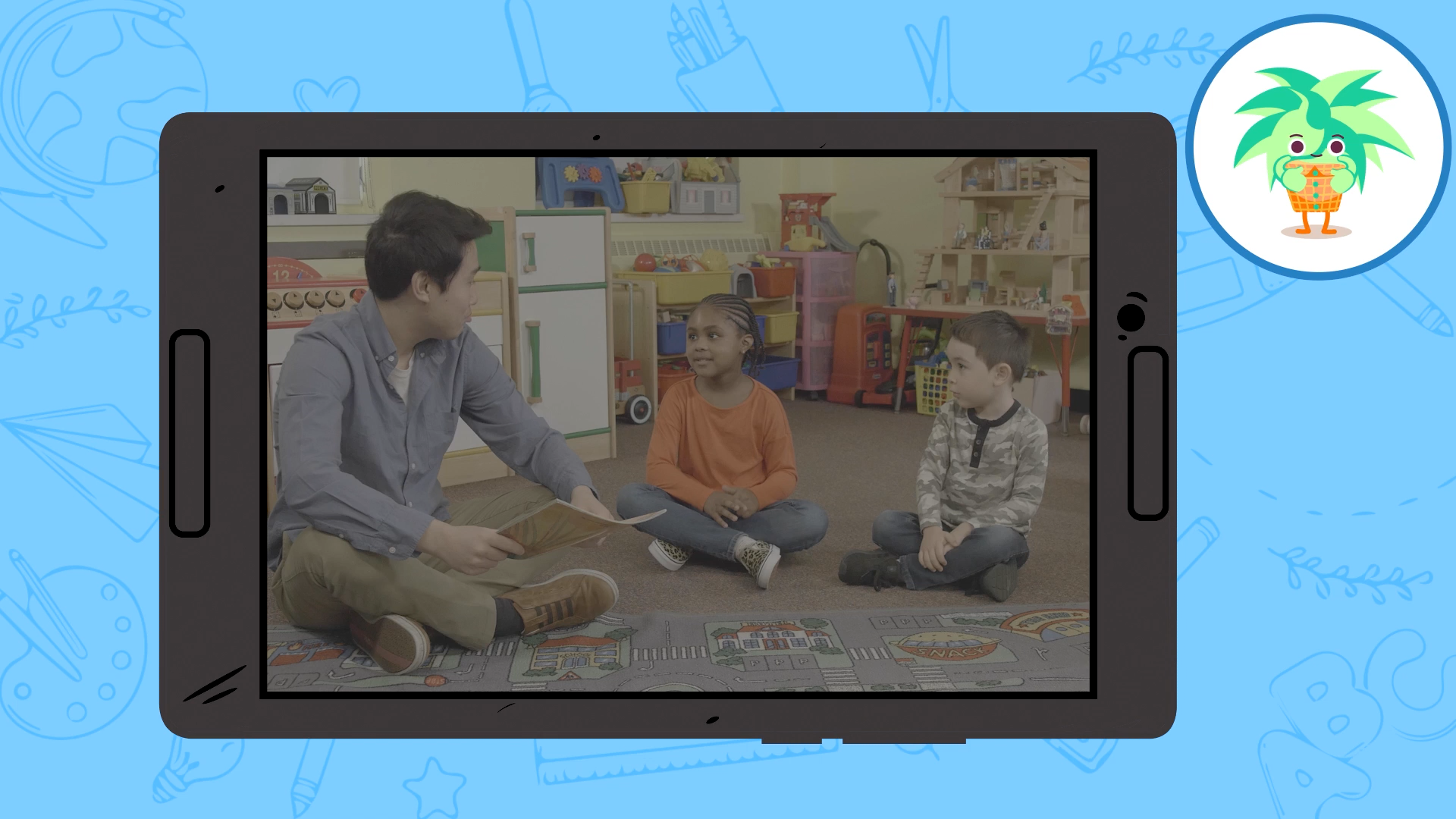
In this blog post, we will explore effective strategies for teaching kindergarten students how to listen attentively. These techniques help foster social-emotional learning and enhance communication skills in young learners. Let’s dive in!
Introduction
Listening is a crucial skill that greatly impacts a child’s success in school and in life. By teaching students to listen effectively, educators can help them develop empathy, understand others, and build strong relationships. In this blog, we will discuss an engaging no-prep activity, thought-provoking discussion questions, and related skills to help kindergarten students develop their listening abilities.
No-Prep Activity: The Listening Game
This activity requires no preparation or materials and is perfect for kindergarten students.
- Ask the students to sit in a circle or at their desks.
- The educator begins by clapping a simple rhythm or making a sound.
- The students listen carefully and then take turns repeating the rhythm or sound.
- Repeat the process with different rhythms or sounds, gradually increasing the complexity.
This activity encourages students to focus on listening and helps them develop their auditory skills. It also fosters a sense of teamwork and cooperation as they work together to reproduce the sounds accurately.
Discussion Questions
These questions are designed to stimulate further discussion and reflection on listening skills:
- Why is it important to listen when someone is speaking to us?
- How do you feel when someone is not listening to you? How do you think others feel when you don’t listen to them?
- What strategies can you use to help you listen better when it’s hard to focus?
- How can practicing good listening skills help you become a better friend or classmate?
- Can you think of a time when you listened carefully and it helped you in some way?
Related Skills
Listening is a vital component of social-emotional learning. Developing this skill helps students in various aspects of their lives. Here are some related skills that can be enhanced through effective listening:
- Empathy: Understanding and sharing the feelings of others.
- Communication: Expressing thoughts and feelings clearly and effectively.
- Cooperation: Working together with others to achieve a common goal.
- Conflict resolution: Addressing and resolving disagreements in a constructive manner.
- Self-awareness: Recognizing one’s emotions, thoughts, and values, and understanding how they influence behavior.
Next Steps
We hope that you found these listening strategies and activities helpful for your kindergarten students. If you’re interested in exploring more resources to support social-emotional learning, we encourage you to sign up for free samples of our skill-building materials at Everyday Speech. These materials can help you create a more engaging and supportive learning environment for your students.

